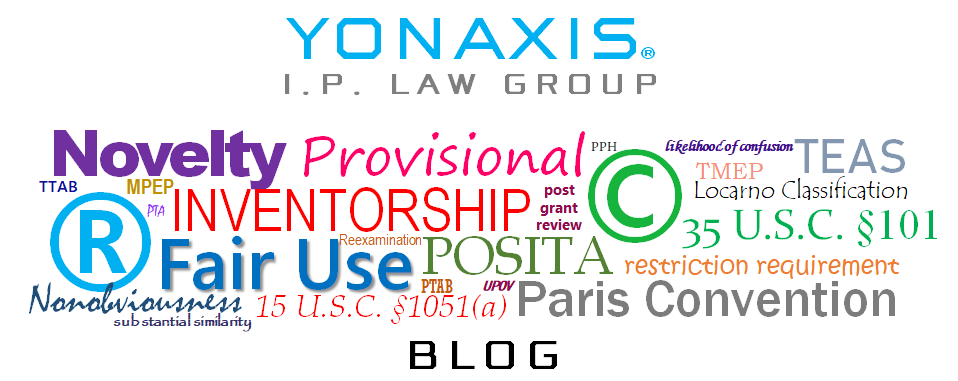The issues where technology and intellectual property laws collide were discussed in the Ninth Circuit’s opinion in Hunley v. Instagram, LLC,[1] decided on July 17, 2023. In Hunley, the Ninth Circuit re-affirmed the so-called Server Test limiting liability for copyright infringement.
Facts
Plaintiffs Alexis Hunley and Matthew Brauer both posted their photographic works on their Instagram feeds. Two news sites, BuzzFeed and Time, published articles with an embedded link to Hunley’s and Brauer’s Instagram postings. Neither news site sought a license or permission from the photographers nor Instagram. The plaintiffs sued the news sites and Instagram for copyright infringement. The district court dismissed BuzzFeed and Time as defendants because, based on the Server Test, the plaintiffs’ images were not stored on either of these defendants’ servers. That left Instagram, which argued it could not be liable without direct infringement. The district court dismissed the action, and the plaintiffs appealed.

A simplified version of HTML embedded code from an Instagram posting
Decision
Under the Perfect 10 decision,[2] the Ninth Circuit had previously held that the Copyright Act’s fixation requirement meant in order to be an embedded work for purposes of copyright infringement, that work had to have been stored on that particular computer or the data’s server.[3] This is the Server Test. The Ninth Circuit has expanded the Server Test to include copyright infringement for reverse image searches,[4] blog postings,[5] and online bulletin boards.
The Ninth Circuit panel observed that a photograph – ultimately, an image – is fixed for purposes of the Copyright Act if “fixation of the work is made simultaneously with its transmission.” So, in other words, infringement occurs when an image is transmitted to the public and also fixed to the infringer’s server at the same time. This was not evident by the actions of Instagram, which merely provided a platform to publish plaintiff’s works and the secondary actions of the news sites to link to their Instagram postings is not transmission of their works to the public.
Furthermore, copyright infringement requires a finding of proximate cause, or the volitional conduct requirement. Plaintiff must find defendant copied the work with some intention to copy.[6] Instagram merely provided the access to plaintiff’s photographs, and it was the news sites that conducted the direct infringement by copying and transmitting them to the public at large.
Of course, the Server Test is not without its detractors. Two district courts in the Second Circuit (sitting in New York) had rejected the Server Test and allowed the plaintiffs to proceed to trial on the issue of copyright infringement.[7]
The Ninth Circuit panel affirmed the district court’s dismissal of the action against Instagram.
Takeaways
Information relevant to copyright owners and content creators, especially photographers, are:
- The Perfect 10 Server Test has been reaffirmed in the Ninth Circuit’s jurisdiction, which includes California, Washington, Oregon, Alaska, Hawaii, Arizona, Nevada, Idaho, and Montana.
- Conversely, in circuits that have rejected the Server Test, e.g., Second Circuit, an infringement finding may be possible. In other words, there is a circuit split depending on where the copyright infringement occurred and where the parties are located.
- Photographers and other content creators must be mindful of how to display their creative endeavors, especially in the realm of social media.
- Photographers face many potential pitfalls when practicing their craft. Copyright infringement is not easy to prove, and neither is finding liability against even known infringers.
- Conversely, would-be defendants – who may not understand the complexities of the Copyright Act – should always obtain the proper license and permission from the original owner of any work they seek to use in their works, including hyperlinking, embedding, and borrowing of images and text.
For more information on the Server Test or copyright law, please contact Yonaxis I.P. Law Group.
[1] ___4th___ (9th Cir. Jul. 17, 2023) (slip op.).
[2] See Perfect 10, Inc. v. Amazon.com, Inc., 508 F.3d 1146 (9th Cir. 2007).
[3] Hunley at 20 (slip op.); Perfect 10, 508 F.3d at 1160.
[4] See Bell v. Wilmott Storage Servs., LLC, 12 F.4th 1065, 1073 (9th Cir. 2021).
[5] See Perfect 10, Inc. v. Google, Inc., 653 F.3d 976, 978 (9th Cir. 2011).
[6] See Kelly v. Arriba Soft Corp., 336 F.3d 811, 817 (9th Cir. 2003) (“to establish a claim of copyright infringement by reproduction, the plaintiff must show copying by the defendant”).
[7] See Nicklen v. Sinclair Broad. Grp., Inc., 551 F. Supp. 3d 188, 195-96 (S.D.N.Y. 2021); Goldman v. Breitbart, 302 F. Supp. 3d 585, 586 (S.D.N.Y. 2018).
